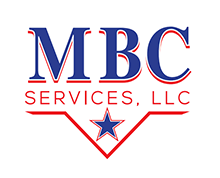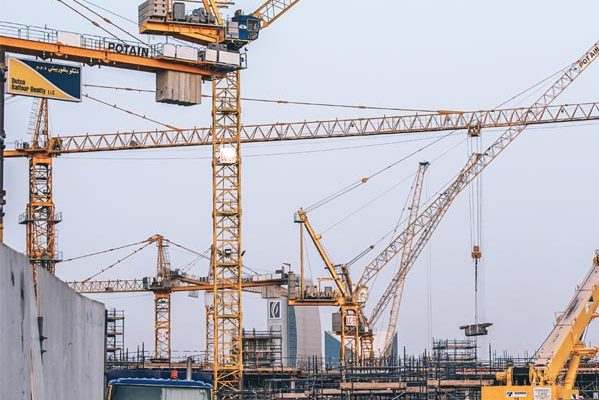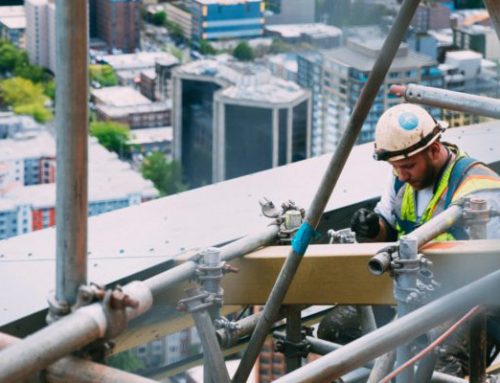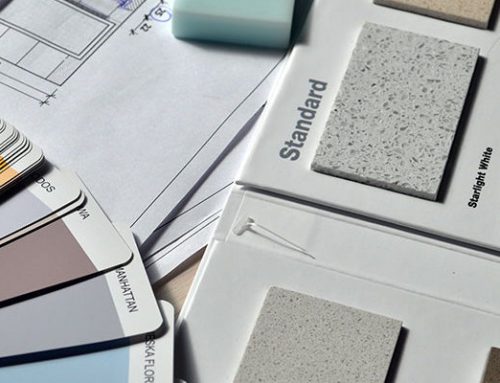When it comes to work for commercial contractors, there are hundreds of things that need to be considered in order to be able to do a successful job for the project. If you do not take care of these things, the contractor can find themselves in a world of problems. For one, you could be sued by the building. Another issue is that you may have to redo the entire project if not done correctly, which could cost thousands of dollars, hundreds of thousands, or possibly in the millions of dollars on larger projects.
But, if these things are properly taken care of from the get-go, then it is likely that the construction project will go very smoothly, timely, and as cost-effective as possible. While we can’t write about all of the things that should be done in order to run a successful construction business in this article, here are this weeks top 3 “must-dos” for every commercial contractor.
Do’s:
- Make a proper scope. Before undergoing any construction project, make sure you put together a proper “scope” of work. What is a scope of work? A scope of work is simply a document that details the precise services, products, timeline, and expectations that your company will provide to the owner and/or the contractor. When drafting up your project scope, it is very important that you include as much detail and precision as possible so as to avoid any confusion or gray areas. The last thing you want to do is be working and towards the end the project, have the owner of the property come out and say that they didn’t want it the way your company did it. This will cause you to have to re-do it, and that could cost a lot of time and money.
- Payment Details. When it comes to getting paid, we can all agree that money is important. Therefore, your payment details in the contract agreement should also be very carefully thought out and put together. When you are drafting up the payment agreement, you will also want to make this as precise as possible and include a time schedule, any milestones that will need payment, types of payment accepted, and due dates.
- Other Provisions. It is also always a good include different types of provisional related items, such as late payments, unexpected costs (such as attorney’s fees, collection bills, etc.), the consequences of non-payment, and anything else that you think should be detailed. In the payment detail document, make sure to include provisional information that may include what will happen should payment by the property owner not be received. For example, you can include that if payment is not received, you have the ability to suspend or terminate the work on the project and seek immediate recovery until payment is made. It is best to work with a business attorney in your area to draft up this agreement property to make sure you are covered.
These are the top 3 dos for construction contractors to follow. It is highly recommended to do each one of these in order to successfully sustain a construction business. Of course, there are any other things that should be done in order to keep a smooth business going, but we believe these three are the common, most fundamental that are a good base to build upon.






